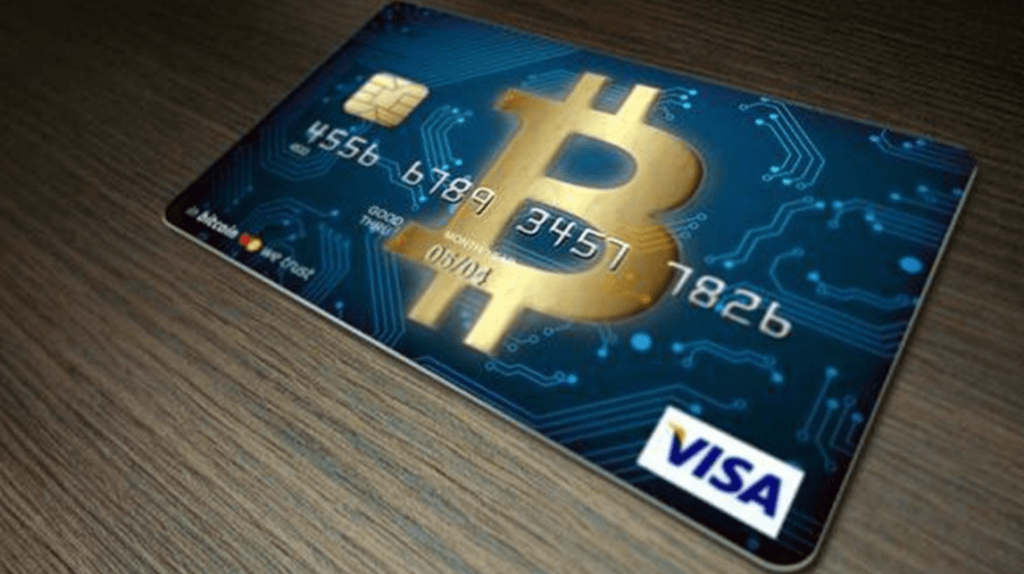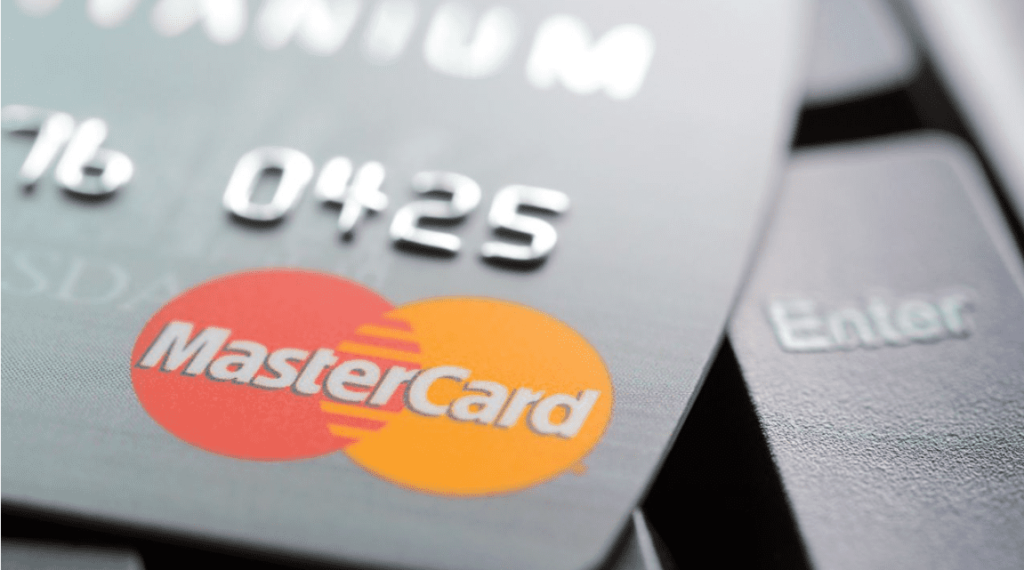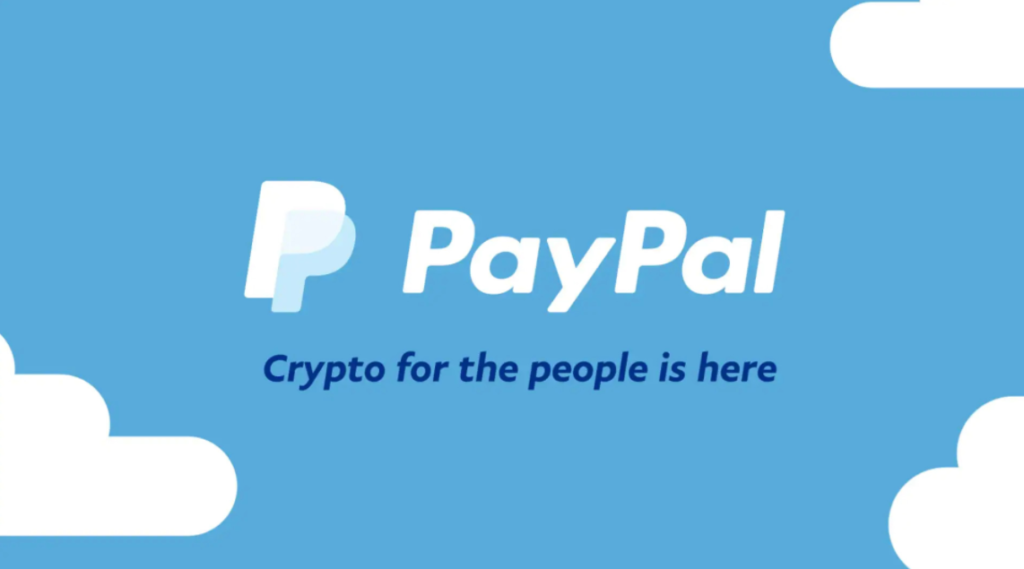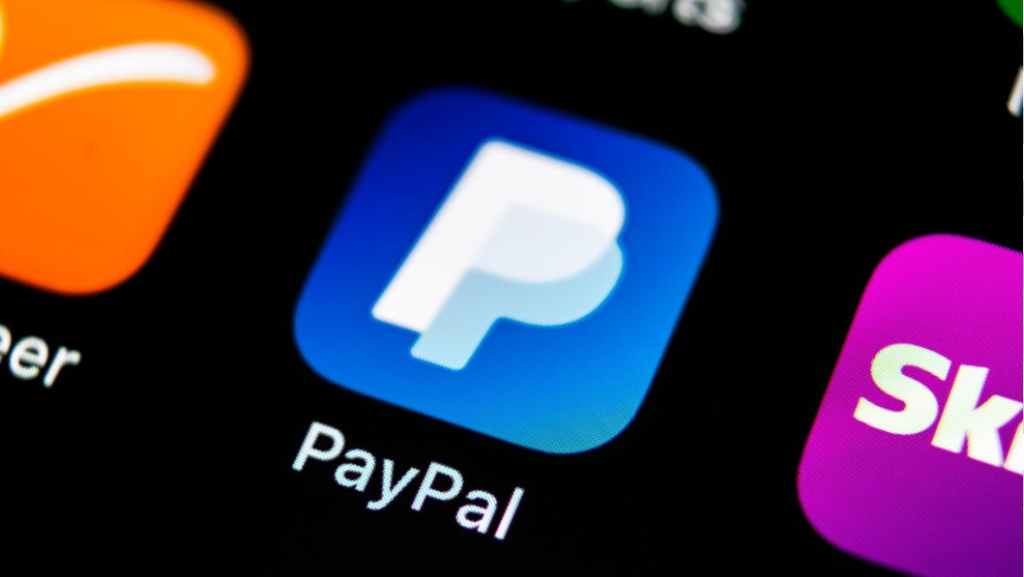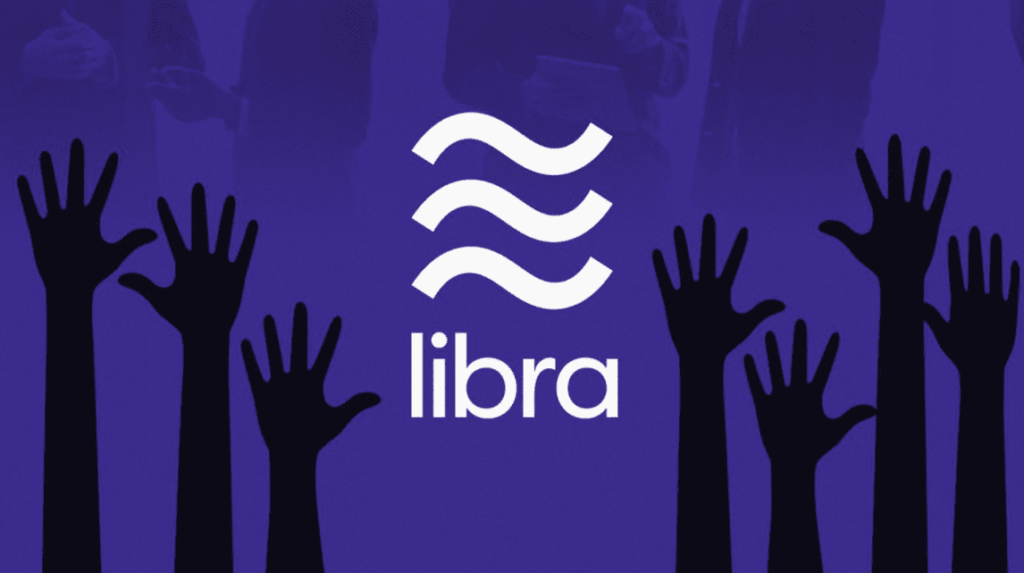What is the reason for Paypal’s interest in Bitcoin?

In the past few months, payment giants Visa, Mastercard and PayPal have dramatically changed their attitude towards cryptocurrencies and blockchain technology, announcing their intention to integrate cryptopayments into their systems. This is about the process of global adoption of crypto-innovation in the world of traditional finance. Let’s break down exactly how the payment giants are entering the crypto market.
Visa experience
On 16 March 2018, Visa CFO Vasanth Prabhu criticised cryptocurrencies, including Bitcoin, stressing that these assets were a bubble. At the time, Bitcoin was worth $8300.
On July 22 last year, when the first cryptocurrency rose to $9360, Visa’s official blog posted a message with a very different message titled “Developing our approach to digital currency”. In the post, the company revealed that its collaboration with two regulated crypto platforms, Coinbase and Fold, is part of a corporate strategy to integrate digital currencies into its 61 million retailers’ payment system. In its announcement, the company highlighted the importance of stablecoins, which have “stepped beyond the fintech sphere” and now include a number of financial institutions and central banks in its ecosystem.
The payment giant’s announcement revealed that “more than 25 digital wallets have tied their services to Visa”. Visa also noted that these 25 crypto service providers will be able to use the payment giant’s full range of features, including the Visa Direct option and the FastTrack platform. It is worth noting that the corporation has also financially backed Anchorage, a company that studies cybersecurity issues in cryptocurrency ecosystems. Visa assures that the company’s main goal is to “continue to do what we do best: grow our system by supporting new forms of commerce”.
At a July 28 investor meeting attended by Vasanth Prabhu, it was detailed that Visa sees great potential for its own development in the growing popularity of e-commerce and digital payments. There was also mention of the Visa B2B Connect corporate payment system, which is designed to carry out international financial transfers without the help of the usually slow correspondent banking network.
The Mastercard experience
A similar evolution is taking place before our eyes with Visa’s rival Mastercard payment system.
Indeed, on July 26, 2018, Mastercard’s CEO, Ajay Banga, compared cryptocurrencies to things that get thrown away. However, two years later, the payment corporation has largely changed its approach to cryptocurrencies. On July 20, it was revealed that Mastercard had signed an agreement with cryptocurrency company Wirex. This financial startup allows its customers to buy and sell cryptocurrencies for fiat. Wirex also became a member of Mastercard’s ecosystem with the right to issue cards independently by the payment giant. Earlier last year, in February, a similar decision was made by Visa Corporation in relation to cryptocurrency exchange Coinbase.
Moreover, Mastercard intends to launch a special programme to support other cryptocurrencies. As Raj Damodaran, Mastercard’s executive vice president for digital assets, blockchain products and partnerships, explained, “The crypto market continues to evolve, and the corporation promotes it by providing reliable and secure services for individuals and companies in today’s digital economy”.
PayPal enters the crypto market
The number of users of PayPal worldwide exceeds 300 million, and in Europe the company operates thanks to a banking and payment services license obtained in Luxembourg. In total, the payment service PayPal is represented in 31 countries in Europe, where the company serves 95 million merchants and retail consumers. It is worth noting that PayPal, along with Visa and Mastercard, was previously part of Switzerland’s Libra Association, which is engaged in a Facebook’s crypto project to launch the Libra stablecoin.
The fact that PayPal is developing a roadmap for integrating its own payment crypto services is also evident in the announcement that it is recruiting members of its blockchain technology research team, which requires a senior researcher-engineer. This person will be responsible for “designing, building and maintaining key crypto products/services that will focus on increasing the efficiency and scale of PayPal’s services”. The position was advertised in late June.
PayPal’s position on cryptocurrency regulation
On 14 June, payments giant PayPal published a letter sent to the European Commission (EC) in March this year, where the company confirmed its plans to develop a cryptocurrency trading service. The letter came after the EC asked leading market players in December 2019 to provide their position on cryptocurrencies in preparation for a pan-European legal regulation of digital assets.
In the letter, the company said it was “following the evolution of the field of crypto assets” and had taken a number of “steps to further develop its capabilities in this field”. The company is also convinced that cryptocurrencies can solve the “painful problems” of today’s economy.
As for the subject of the letter, PayPal has indicated three points that European lawmakers need to focus on when drafting crypto regulation:
- A clear set of definitions for various cryptocurrency transactions. This should ensure that the companies involved in such transactions operate legally. Legal uncertainty discourages businesses;
- As with other financial services, cryptocurrencies should be subject to clear anti-money laundering and counter-terrorist financing (AML/CFT) requirements;
- Given the rapid development of decentralised network technologies, consensus protocols and cryptography, future legal regulation in Europe must be “technology-neutral” — this will effectively support innovation in the blockchain industry.
Why PayPal withdrew from the Libra project
PayPal also mentions in its letter its participation in Facebook’s Libra cryptocurrency project. It was launched in June 2019, with around 20 large companies participating as partners. However, after a flurry of criticism from Western governments, many of them withdrew their participation in the initiative, with PayPal being the first.
However, PayPal CEO Daniel Schulman later explained in a Fortune interview that the company wanted to focus on developing its own cryptocurrency projects rather than losing faith in the future of digital assets.
That said, Shulman said the problem with cryptocurrencies’ payment function is not the technical part, but too much volatility, which is unacceptable for commercial enterprises: “Until cryptocurrencies become less volatile, they will not be widely used by merchants online,” he believes. Incidentally, Schulman himself has admitted to owning bitcoins (and only them).
PayPal’s involvement in the crypto industry
PayPal really hasn’t stopped developing in the cryptocurrency and blockchain space. Last year in June, plans to introduce a cryptocurrency trading service at PayPal were reported by popular crypto media, citing sources. Presumably, the new service will also run in Venmo, PayPal’s subsidiary app responsible for mobile payments. “They will have some sort of built-in wallet so the user can store cryptocurrencies there,” a source told the publication.
PayPal’s CFO John Rainey spoke about PayPal working in this direction back in May 2019: “We have teams that are working on blockchain and cryptocurrency applications, and we want to get involved in any form in the future. I just think it’s a little bit early now.” Rainey also added that PayPal had previously experimented with bitcoin, offering it as payment at some merchants. However, due to strong price volatility, merchants converted the first cryptocurrency into fiat almost immediately.
A year later, stablecoins have become increasingly popular, but PayPal has not yet commented on the possibility of using stable cryptocurrencies for trading, which would help the company avoid the risks of crypto market volatility.
PayPal also had a team of blockchain technology researchers and was now looking for a senior researcher-engineer. In addition, PayPal was among the investors in cryptocurrency risk management platform TRM Labs last November.
PayPal has been working with several US cryptocurrency companies (including Coinbase and BitGo) since 2014, but the direct buy and sell digital asset services are a groundbreaking move for the company.
Who will be the leader in this race?
However, crypto players themselves were actively looking for ways to integrate with PayPal. This is evidenced by the example of blockchain company Pundi X, which on July 1 last year integrated support for PayPal for its Xpos merchant device.
Another crypto-industry player, fintech company Ripple, has not only backed classical payment service provider MoneyGram, buying 10% of its share capital and investing a total of $50 million, but continues to invest in integrating cryptocurrencies into the service. At the end of the second quarter, Ripple transferred $15.1 million to MoneyGram. Interestingly, in June, another payment operator, Western Union, became interested in the innovative success of MoneyGram and is considering buying the competitor. It is worth noting that back in January this year, experts at Credit Suisse published a report noting Western Union’s interest in Ripple’s blockchain technology and payment innovations.
The competition to integrate cryptocurrencies into payment service providers is getting tougher and tougher. And one of the main participants in this race is the People’s Bank of China with its digital yuan project. In January 2020, even before US-China relations deteriorated, US PayPal became the first foreign payment operator to officially enter the Middle Kingdom market after acquiring local player GoPay.
The final chapter in this entire story: PayPal has allowed its customers to buy, hold and sell BTC, ETH, BCH, as well as LTC directly through their account with the system. The company noted that while users will be able to pay with cryptocurrencies at about 26 million merchants worldwide from early 2021, resellers will still receive funds from transactions in the form of regular US dollar-type currencies. PayPal’s adoption of Bitcoin is a clear sign of the cryptocurrency’s growing popularity worldwide. As one of the most common payment systems, PayPal will make BTC even more recognisable and easy to use. There is no doubt about that.
Learn more about Bitcoin and other cryptocurrencies on our Hashmart.io BTC mining platform!
